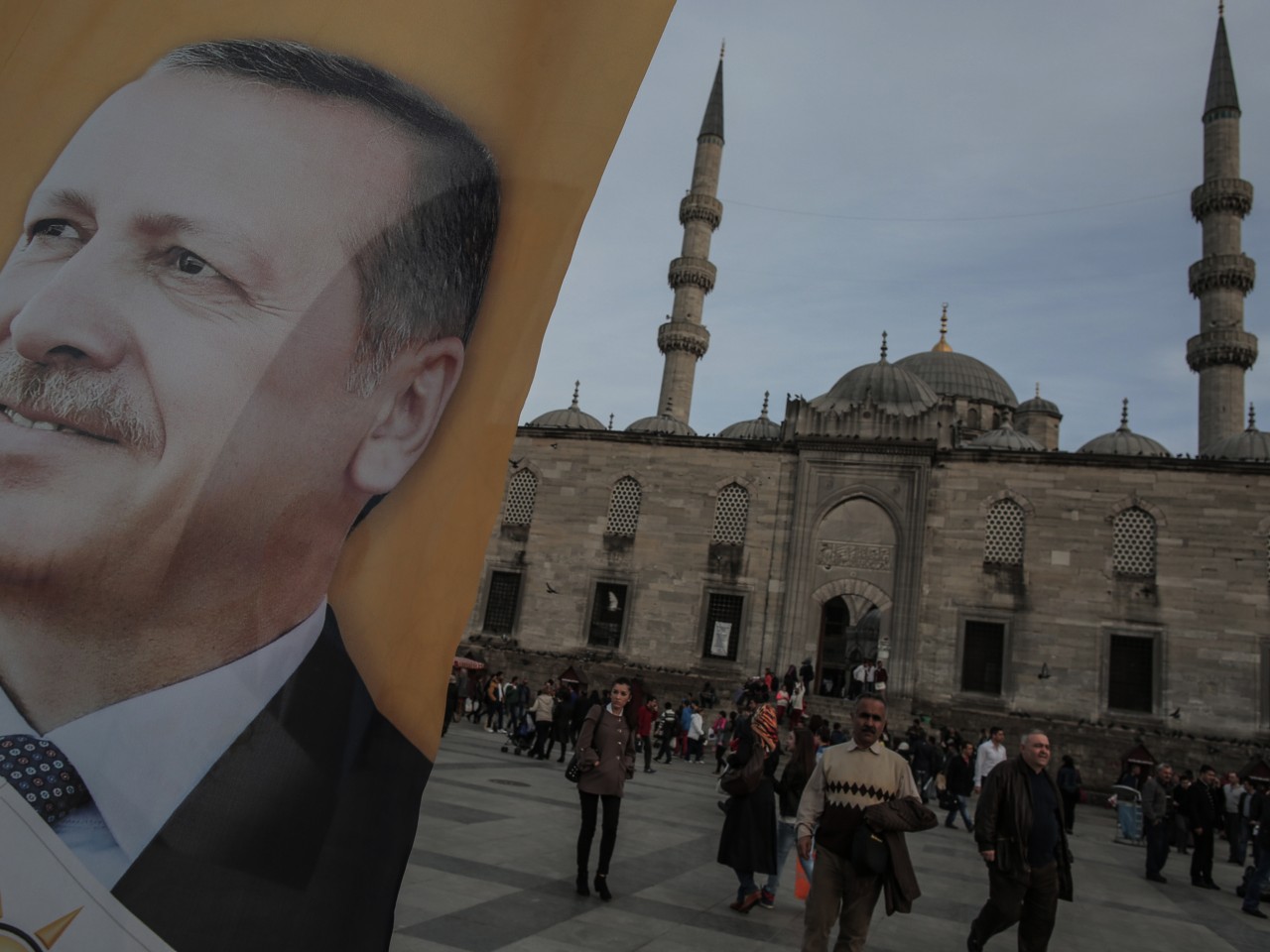Turkey’s Balkan politics
The accession of Western Balkan countries to the European Union will be among the principal preoccupations of Turkish foreign policy in the upcoming years.
| Suggested Reading | Conflict Background | GCCT |
By Dr. Ahmed Magdy Al-Soukkary
Contrary to what is commonly understood, that the safe and prosperous Western Balkans is one of the principal preoccupations of Turkish foreign policy, Ankara will find itself in a real dilemma in the event they accede to the European Union (EU). Such countries have to harmonise gradually their foreign and security policies with EU policy on various aspects. Such convergence will result in sharp competition between Ankara and other regional powers like the EU, Russia and Iran around the Western Balkans, a rivalry that portends sharp polarisation.
Turkey seeks to enhance its image as a modern country albeit in the frame of a new Ottoman outlook — an old/new orientation that faced challenges as a result of accelerating changes in the Balkans internally and externally after the collapse of Yugoslavia in 1991. Though Turkey has been able to use, during the last decade, its significant soft power to strengthen its influence politically, economically and culturally with the Western Balkans, there are sources of tension that may lead to an outbreak of new conflict in the medium and short-terms.
The dilemma of Turkey’s approach in the Balkans
For a long time, especially during the last decade, Turkey pursued a policy that is based on a driving force of ideology. Turkey has actively sought to build on its religious, cultural and historical affiliations with the Western Balkans — an approach dubbed by observers as “New Ottomanism”. While Turkey doesn’t have tangible leverage on the external orientations of Western Balkan countries, but it has certain clout in countries that have Muslim inhabitants.
That is why Turkey is directed more in its Balkan orientation to some countries like Albania, Kosovo, Macedonia, Bosnia-Herzegovina and the Sandžak region in Serbia and Montenegro, where most of their citizens are Muslim Bosniaks. Here we can see that Turkey deals more with the Muslim population rather than their dealing with their countries, benefiting from its Ottoman heritage to expand ideologically in the region — an orientation that can ideologically divide the region again between Muslims and non-Muslims.
Meanwhile, there are fears of a spread of what is called “Turkophobia” — in the sense of anti-Turkish sentiments in the Balkans — against Turkey’s expansionist policy in the guise of brotherly relations. There remain negative feelings over any return of the Ottoman Empire in the form of the influence of modern Turkey.
Conflicting interests of regional powers in the Balkans The Balkans remain vulnerable to polarisation as a result of the inherent hostility and rivalry among its ethnic groups, on the one hand, and competition between Ankara and other regional powers, like Russia and Iran and the EU, on the other. Some analysts see the accession of Western Balkan countries to the EU as a way to provide them with more alternatives, at the expense of Ankara and other regional powers — an approach that necessitates they accept a package of reforms and policies that contradicts the interests of other regional powers, especially in foreign policy and security areas.
Though the “zero problems” policy was initiated by the ruling Justice and Development Party government with neighbouring countries, including the Balkans, facts on the ground show that this policy failed to achieve its goals in settling contentious issues that exist between Ankara and some non-Muslim Balkan countries like Serbia. The latter wants a comprehensive settlement with Kosovo while Turkey sees Kosovo as one of its national interests in the Balkans.
While Turkey has tried to establish closer relations with its neighbours in the Balkans, with an eye to nourishing attitudes that support Turkey’s orientations, Turkish influence in the Balkans could face challenges if it can’t transcend the ideological basis in its Balkans policy. This doesn’t seem realisable in the near future and will affect its diplomatic ability to rebuild its relations with Balkan countries on an interests-based approach, rather than ideological one.
Dr. Ahmed Magdy Al-Soukkary is an Egyptian academic scholar in International Relations (IR) with a D. Phil. in Political Science.His academic and research interests include International Negotiation Studies & Mediation Processes, Comparative Analysis of Conflict Studies, Cross-Cultural Communication, and Foreign Policy. His areas of expertise encompass mainly Turkish Politics, EU Accession Negotiations. He is currently a postdoctoral scholar in Belgrade where he is dealing with the Politics of European Integration with a concentration in Balkan Studies. For more information on his publications, please click here. He can be accessed on ahmed.soukkary@feps.edu.eg
This article is published with the permission of permission of Al-Ahram weekly. The link to the original is available by clicking here.




















RT @TransConflict: #Turkey’s Balkan politics: The accession of Western #Balkan countries to the European Union… http://t.co/nlTjClJN4B
RT @TransConflict: #Turkey’s Balkan politics: The accession of Western #Balkan countries to the European Union… http://t.co/nlTjClJN4B
RT @TransConflict: #Turkey’s Balkan politics: The accession of Western #Balkan countries to the European Union… http://t.co/nlTjClJN4B
RT @TransConflict: #Turkey’s Balkan politics: The accession of Western #Balkan countries to the European Union… http://t.co/nlTjClJN4B
Turkey’s Balkan politics – TransConflict – http://t.co/Yl5P4fQ3KC
Turkey’s Balkan politics http://t.co/FKNXlFc2LP #Nonprofit
RT @BalkanEconomic: Turkey’s Balkan politics – TransConflict – http://t.co/Yl5P4fQ3KC
Turkey’s Balkan politics – By Ahmed Magdy Al-Soukkary – TransConflict – http://t.co/7Hkpizljp7
Pingback : November 2014 Review - TransConflict
RT @BalkanEconomic: Turkey’s Balkan politics – TransConflict – http://t.co/Yl5P4fQ3KC